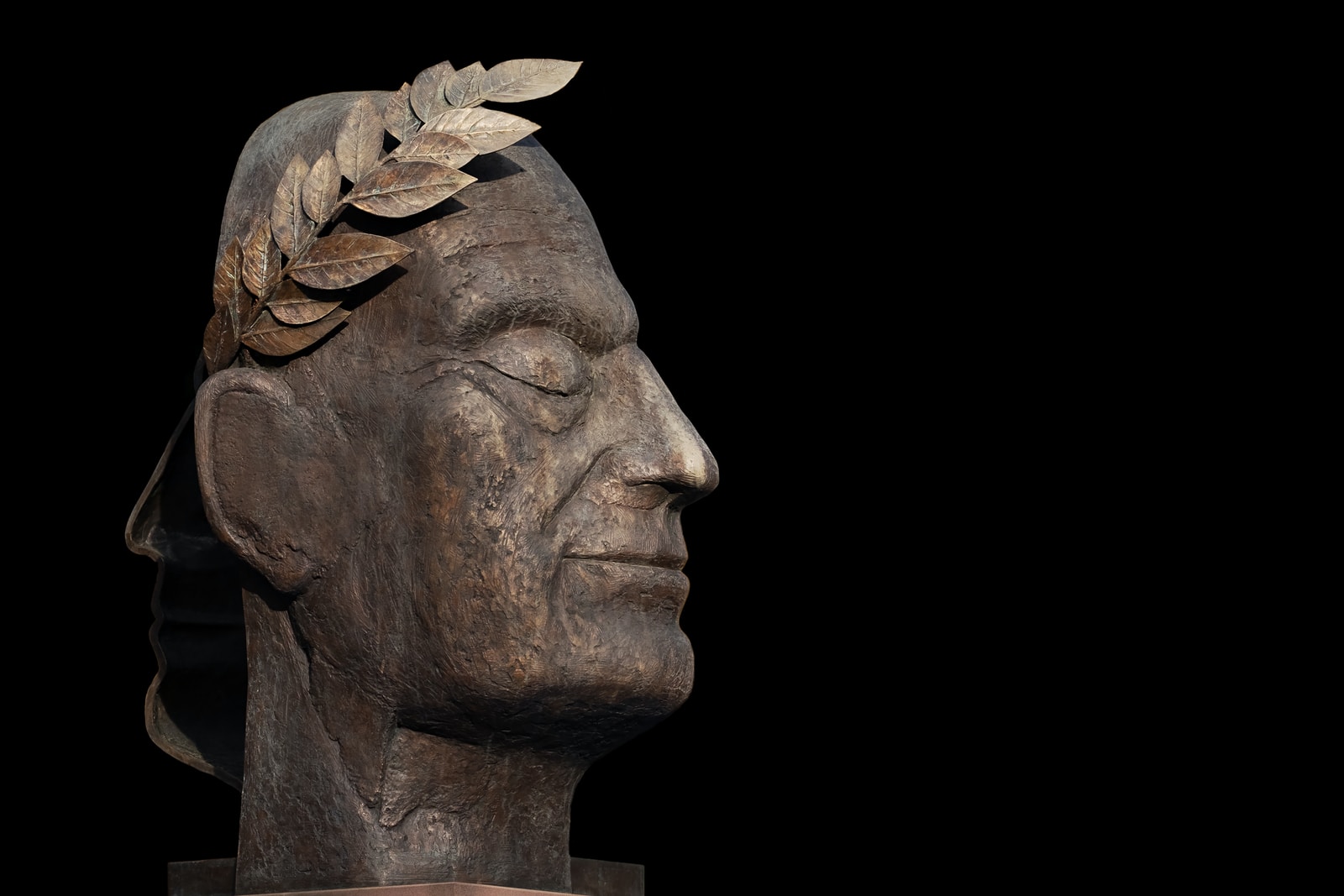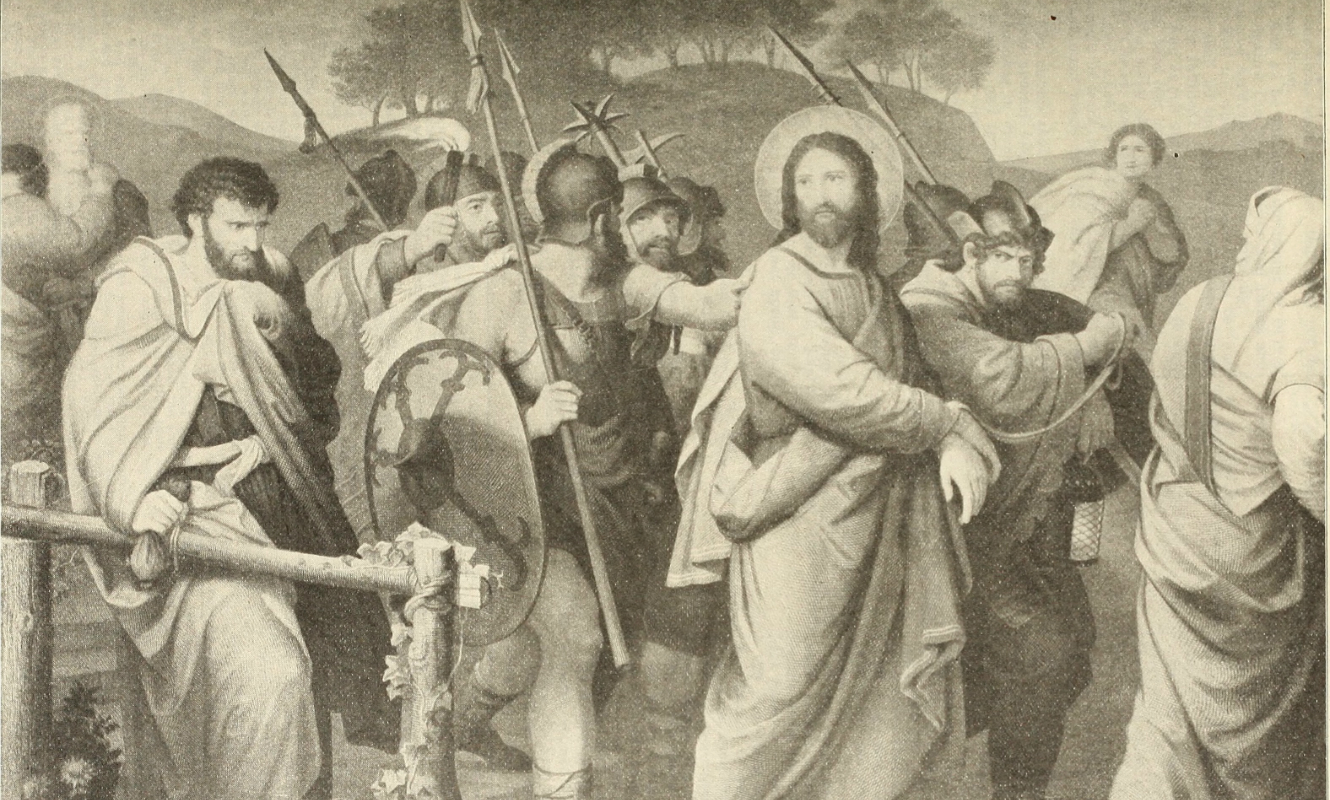I decided it was wrong because I've read the New Testament.
Fricke's book book should not be dismissed out of hand. Is it one of the books I've read on the topic? Don't know, can't remember all the authors. However, these books do give us insight into the Jewish perspective.
One Jewish complaint is that he Sanhedrin wouldn't have met at such a time or had such a trial. One answer to that is that the Gospels do not say "
The Great Sanhedrin" convened which would have indicated every member. More than likely Caiaphas, Annas and their particular cronies met at Caiaphas' residence in what we might call a Committee meeting.
These people saw the popularity of Jesus as a problem, because if the Temple authorities could not keep the people under control, Rome would remove them and put down any movement towards an Independent government/nation. However, Jesus had enough popularity, if Temple authorities moved against Jesus, the population could erupt against them. So, yes, while the Sanhedrin could move against blasphemy, it would not be accepted by the people. So, they went to Pilate, saying Jesus was guilty of sedition (being hailed as king, the ruckus at the Temple, his large following).
One thing that seemed clear to a number of writers is that the High Priests were playing Pilate to force him into getting rid of Jesus for them. And Pilate seemed well aware of this. When he was going to release Jesus, the High Priest next move was to say, "Then you are no friend of Caesar." This was a veiled threat to "tell on" Pilate (and this had been done before) to Rome. Pilate couldn't afford this happening again, and some suggest he made a move of his own. He said he would give them a choice release a well-known thief and seditionist (Barabbas) or the itinerant rabbi (who Pilate probably thought was a lunatic). When the Temple authorities called for the release of Barabbas, Pilate had them. They say anything to Rome about him, he could tell Rome they insisted on the release of a man guilty of sedition.
Another thing to keep in mind, the absolute maximum space in Pilate's court would have been less than three thousand. Workers under Caiaphas at the Temple...about five or six times that number.
Pilate was a vicious man. He wrote "King of the Jews" for Jesus' cross, which was another well-thought poke directed at Temple authorities, which they did not appreciate at all. They said Pilate should re-write that designation, and Pilate refused.
The political intrigue behind Jesus' crucifixion is worthy of note. Temple authorities (along with wanting to preserve their own status) did not want the Jewish people to bring Rome's wrath down upon them over a messiah. I doubt that the Temple authorities saw this as personal--they most likely would have taken the same action against any messiah.
In any case, Jews
never should have been accused of deicide or the death of Jesus. It was a political ploy involving so few...


